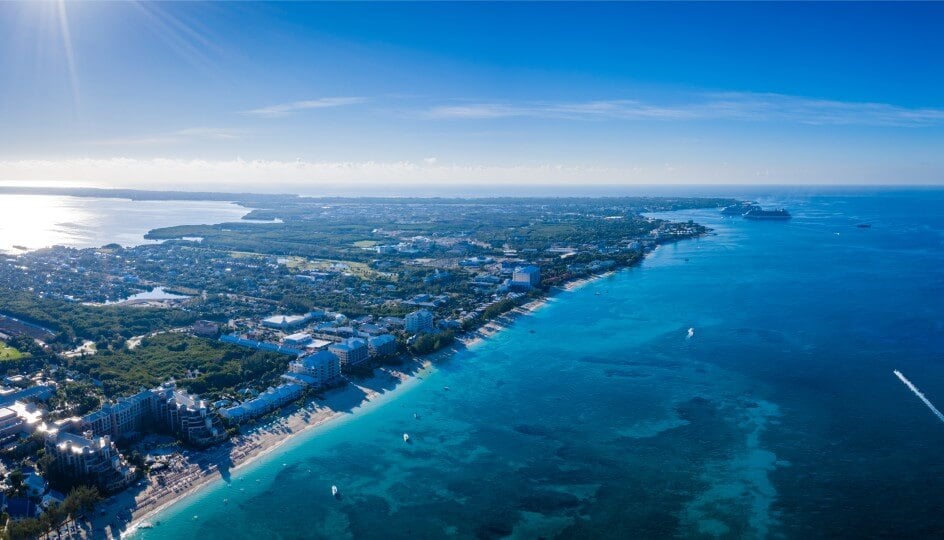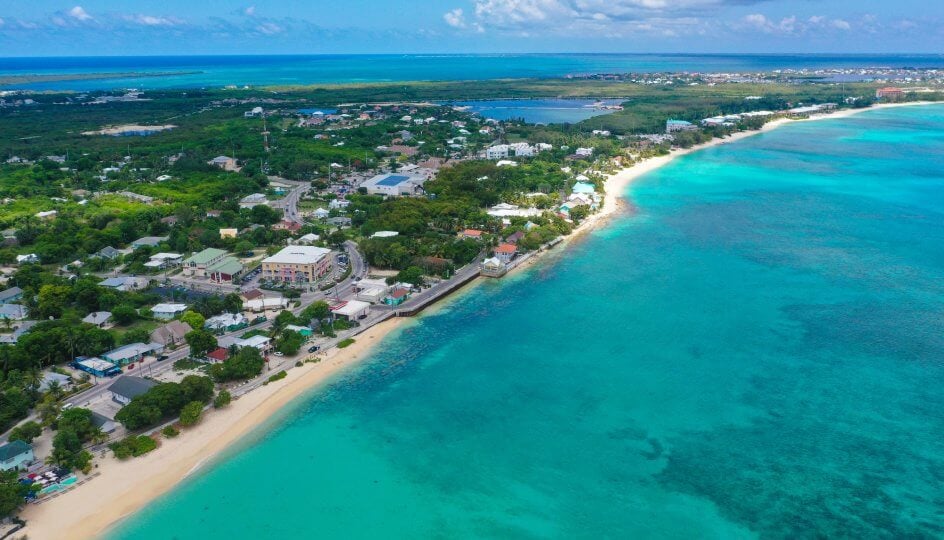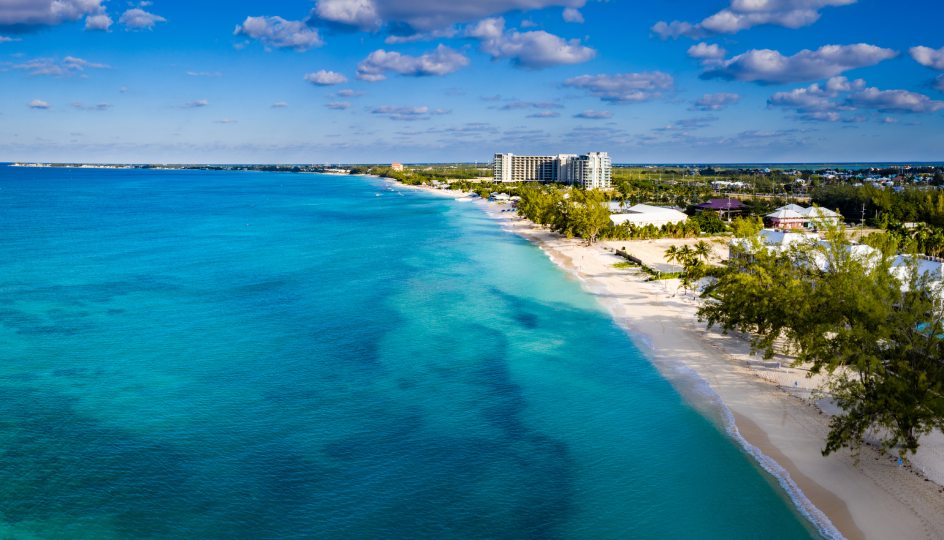Where should you set up your Private Foundation?

Offering more flexibility than a Trust, Private Foundations are gaining in popularity due to their lower costs, fewer regulations, tax benefits and greater control. But which jurisdiction is best?
Many TMF Group clients looking for a vehicle to hold assets choose the Trust, and it’s especially popular in Anglo-Saxon, common law jurisdictions. However Private Foundations, as used in civil law jurisdictions, have some big advantages, and Anglo-Saxon jurisdictions – such as Jersey, Guernsey and Cayman – have enacted laws in recent years to be able to offer them as a solution for asset holding or charitable and philanthropic activities.
The advantages
Unlike the Trust, the Foundation is a legal entity and it has a director, who can often be foreign. The liability for a trustee is often much higher than for that of a director of a Foundation, because the Foundation is itself liable for its affairs. If you’re set on the greater flexibility, control and tax benefits of the Foundation, your next task is to select your preferred jurisdiction.
But which location is best?
Making the right choice
Our family business wealth team performed a benchmark comparison on Private Foundations within seven key jurisdictions:
- Cayman Islands
- Curacao
- Guernsey
- Isle of Man
- Jersey
- Liechtenstein
- Panama.
While not intended to be all-encompassing research or constitute financial or legal advice, what this Matrix does provide you with is a comprehensive overview and side-by-side comparisons of Private Foundation offerings in the aforementioned locations. You can find out what purposes the jurisdictions support, the capital/asset requirements, powers given to relevant authoritative positons and a breakdown of the various fees you can expect.
Key points
Here’s what stood out in putting together our Private Foundations Benchmark Matrix.
- Most jurisdictions reviewed, regardless of whether they apply common law or civil law, have adapted their rules and regulations in order to provide full flexibility for Private Foundations in relation to permitted asset holding, charitable and philanthropic activities.
- All jurisdictions have a full AML/ KYC due-diligence process.
- Minimum capital or asset requirements are fairly uniform across jurisdictions.
- Curaçao is one of the locations with a lower cost structure and less local management requirements.
TMF Group’s family business wealth services are represented in this comparison in Cayman, Curaçao, Jersey, Guernsey and Panama.
When deciding on the right jurisdiction for a Private Foundation, quality of service, response times and the level of personalised, professional assistance provided should factor as strongly into your decision as the law structure, regulatory conditions and compatibility with a clients’ location.
Talk to us
Our specialist family business wealth team creates and administers services that provide for private clients and their extended families - plus the family offices that service them.
Contact us to find out how we can support the management of your family business, and facilitate effective investments now, and for the future.





